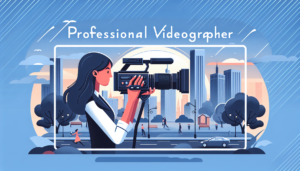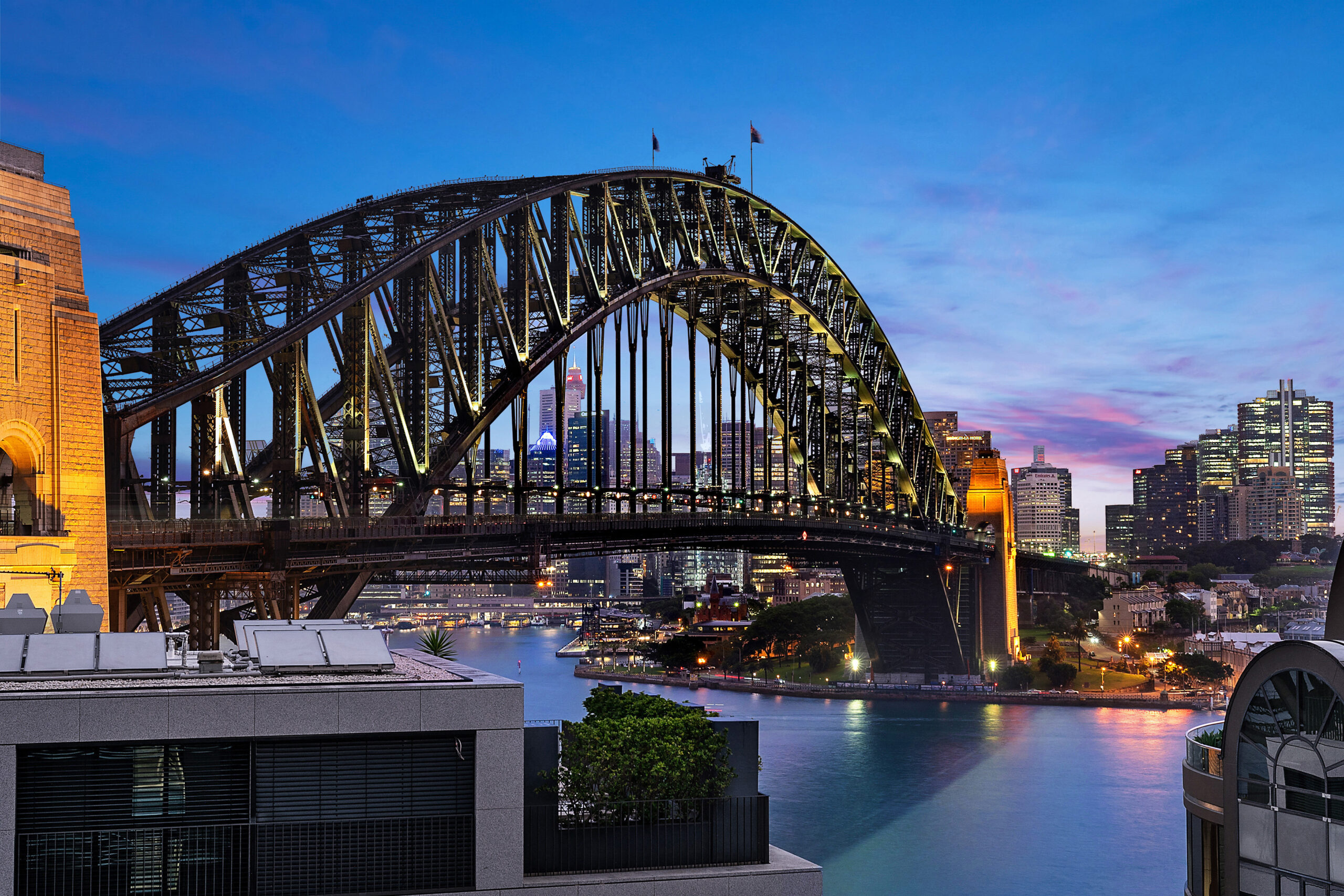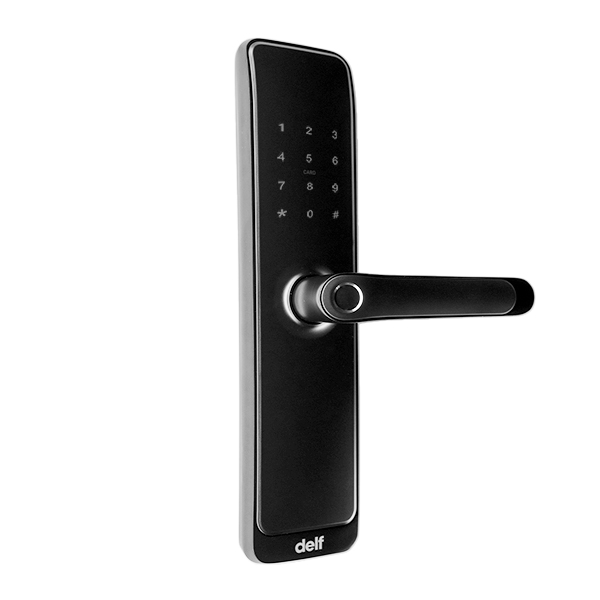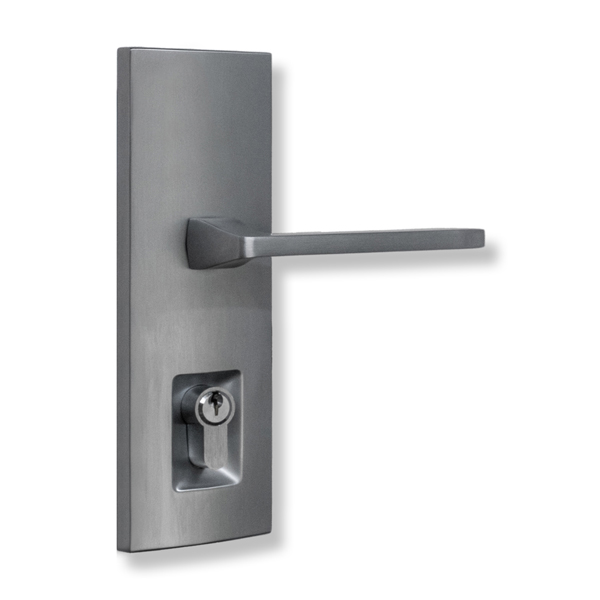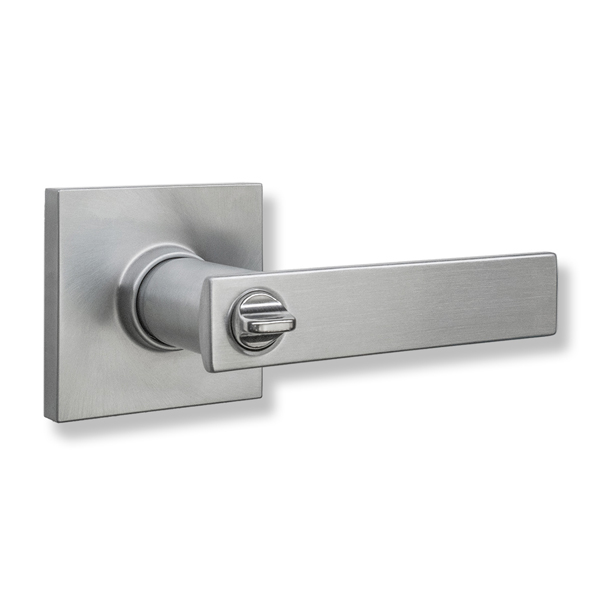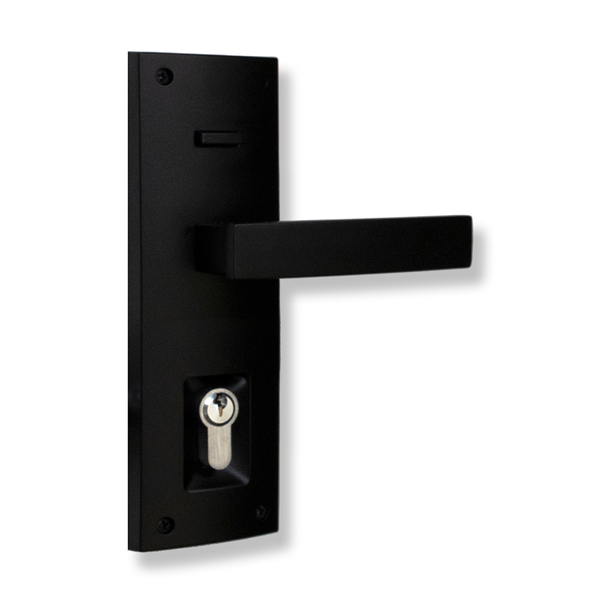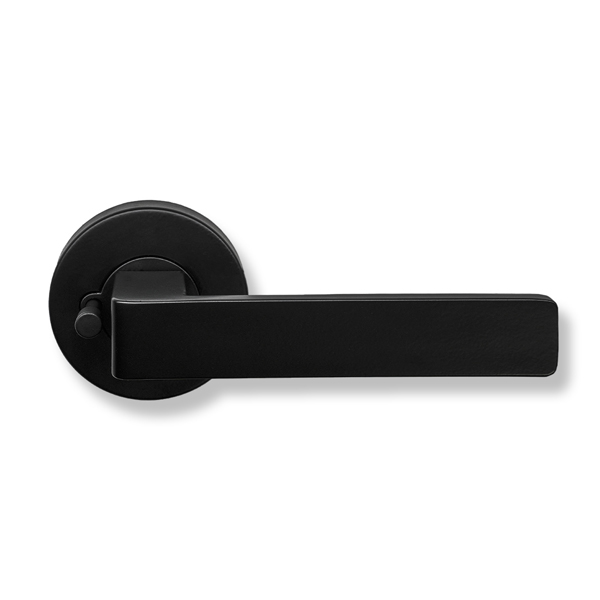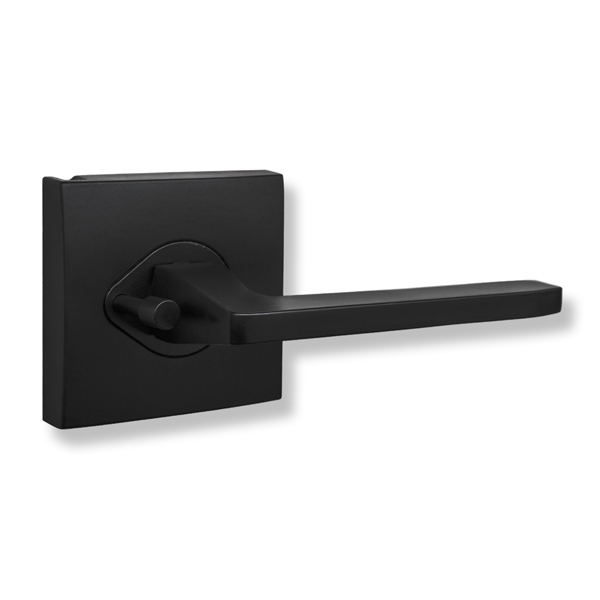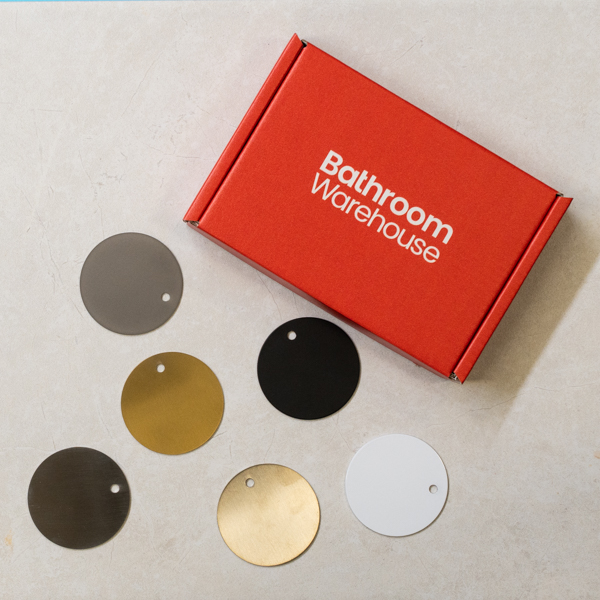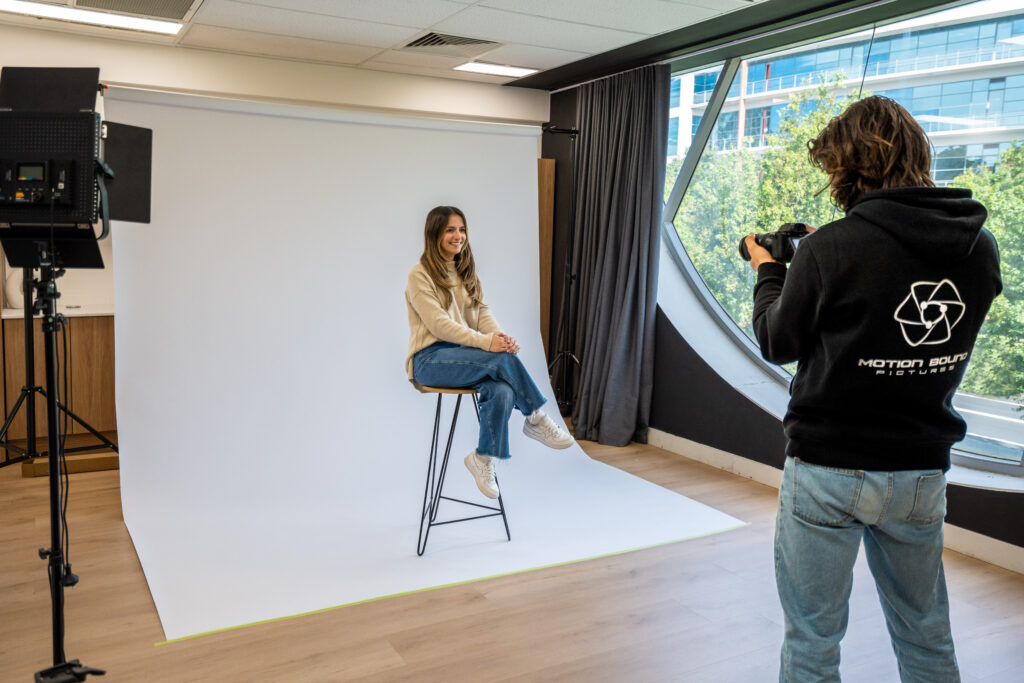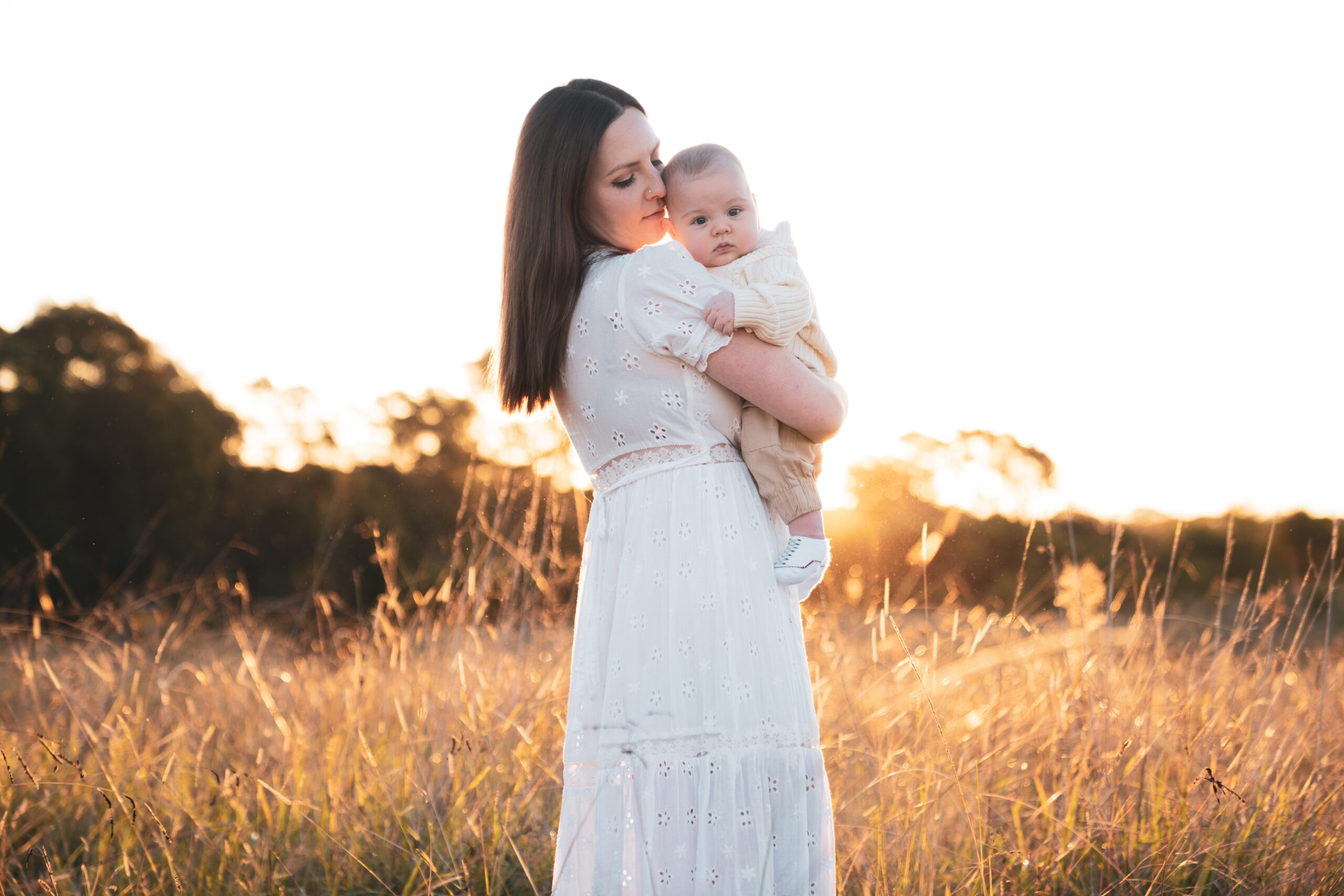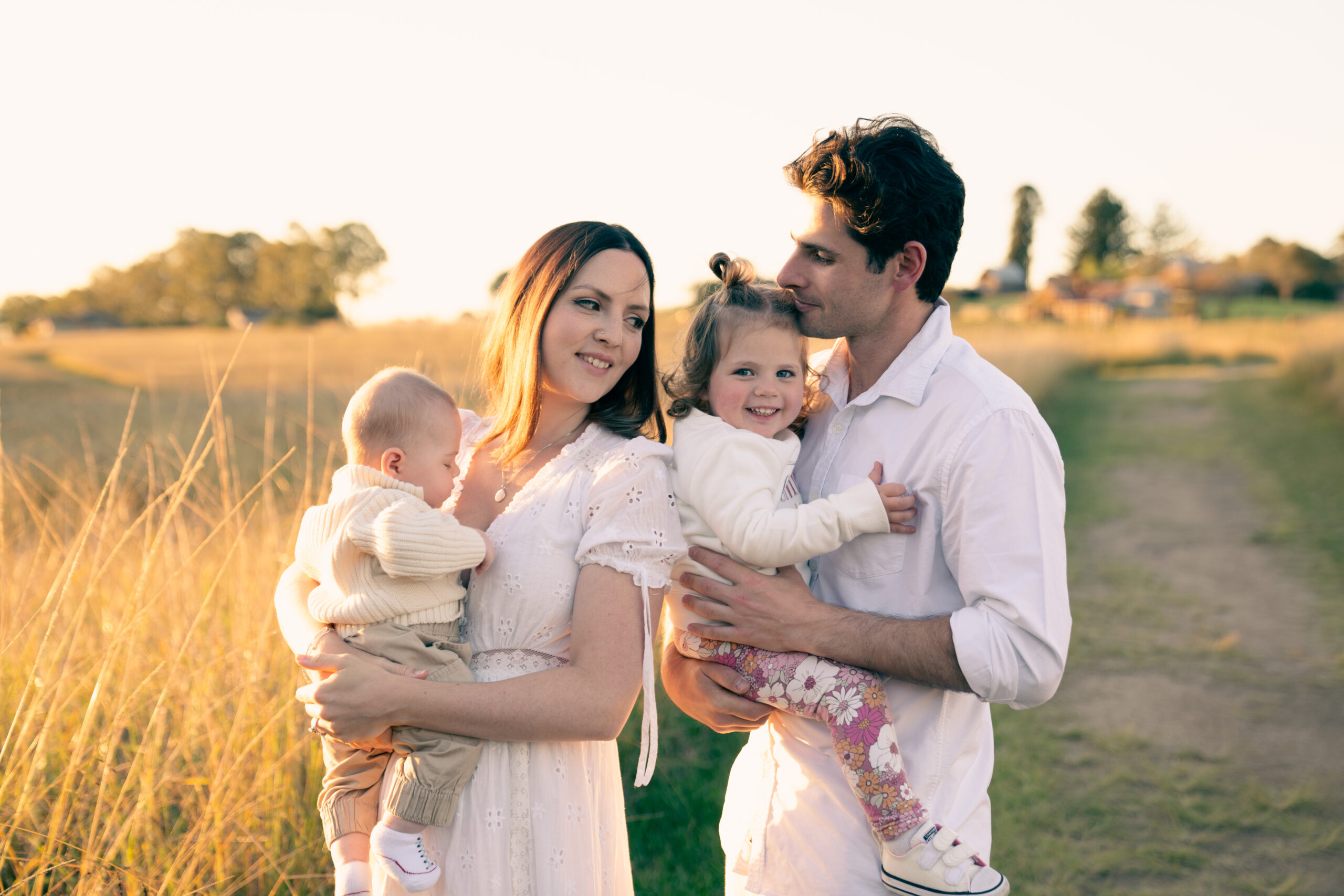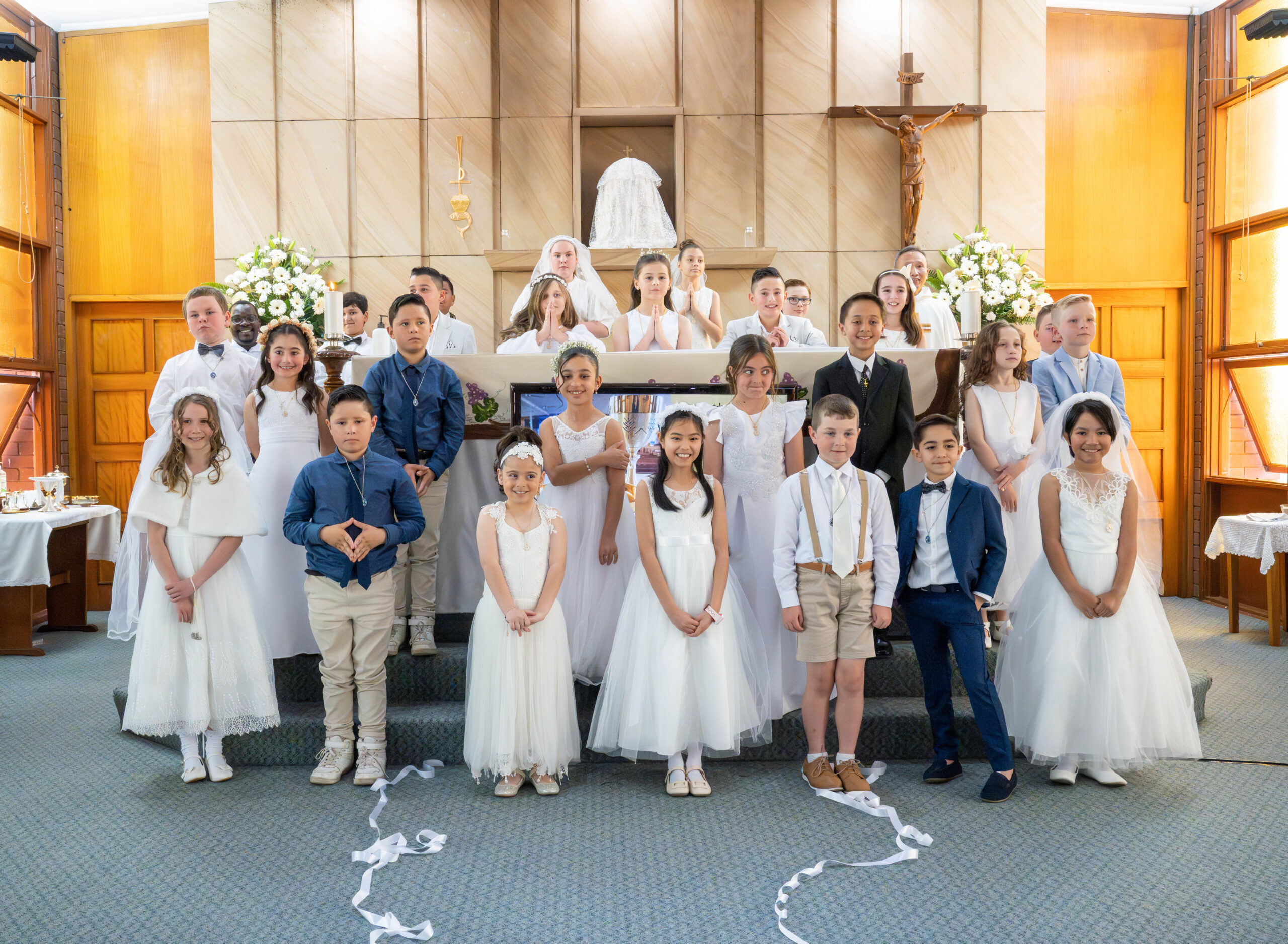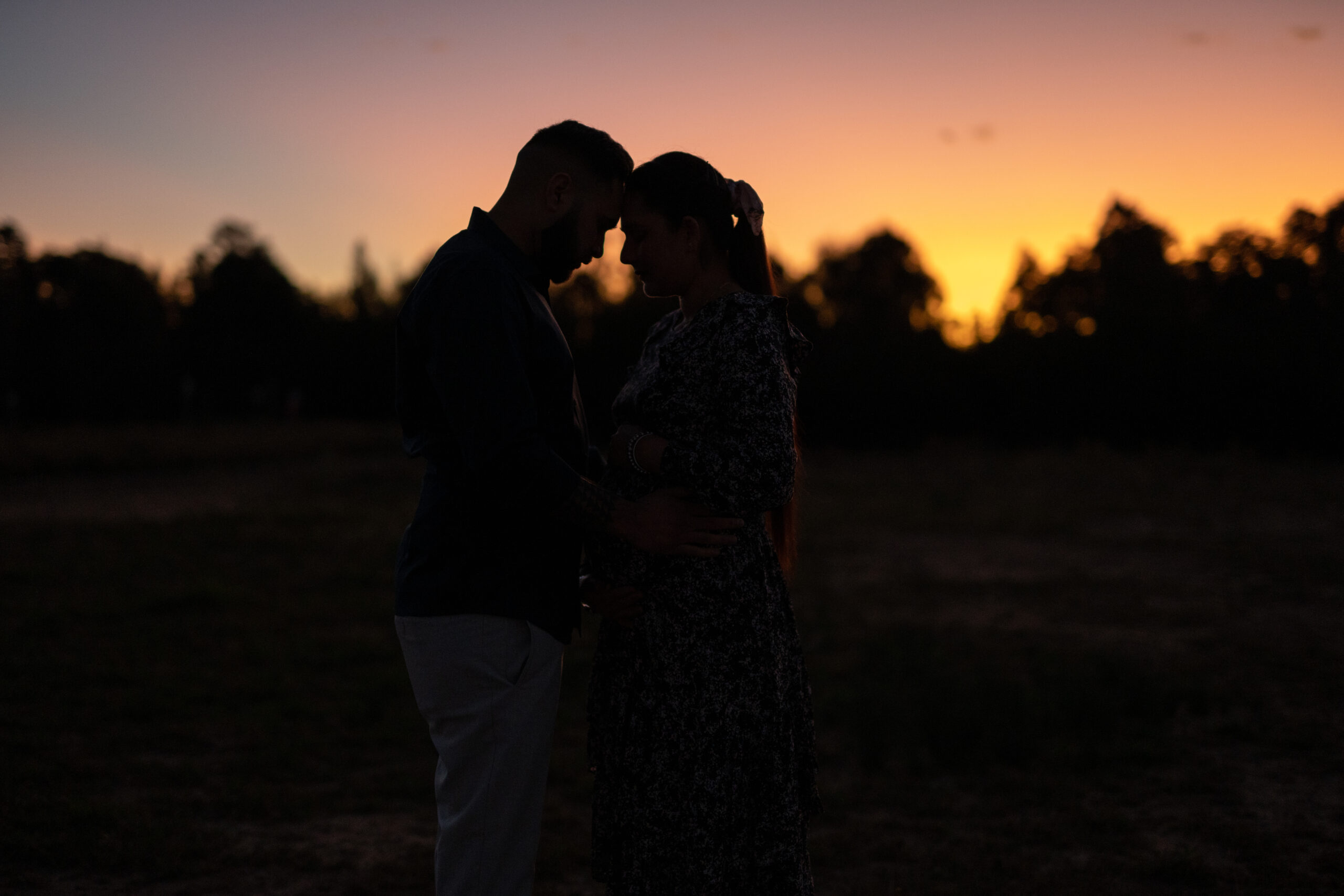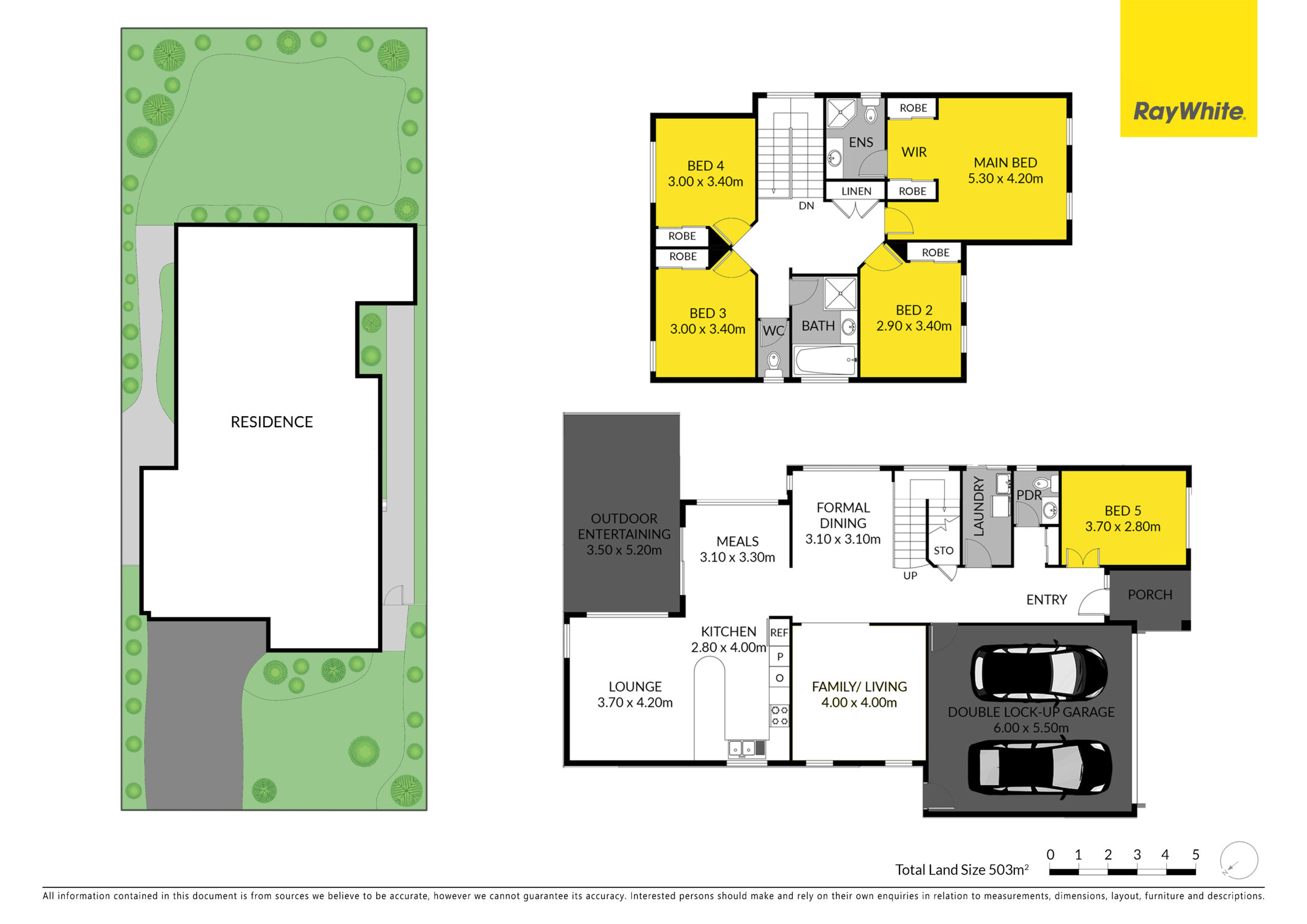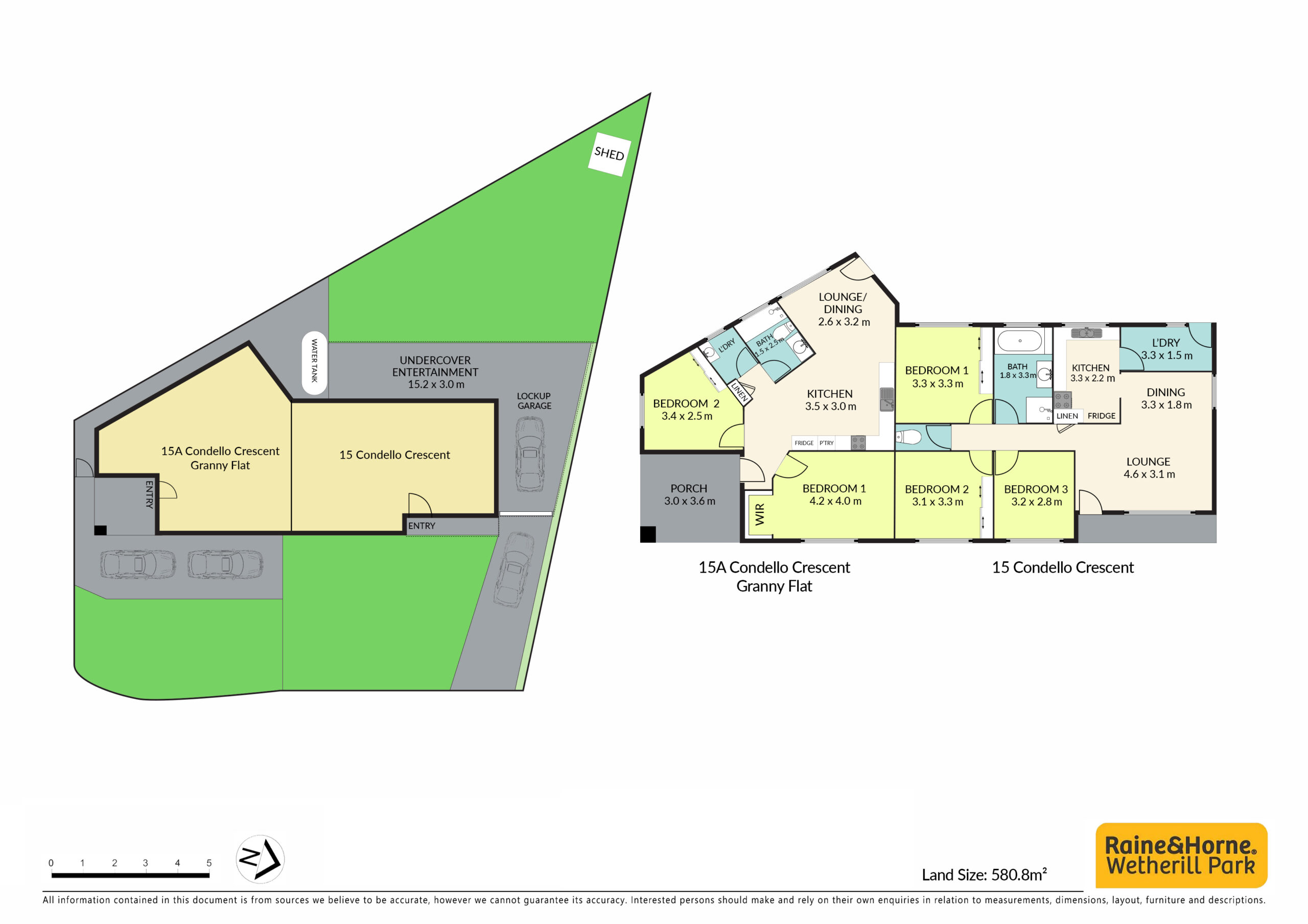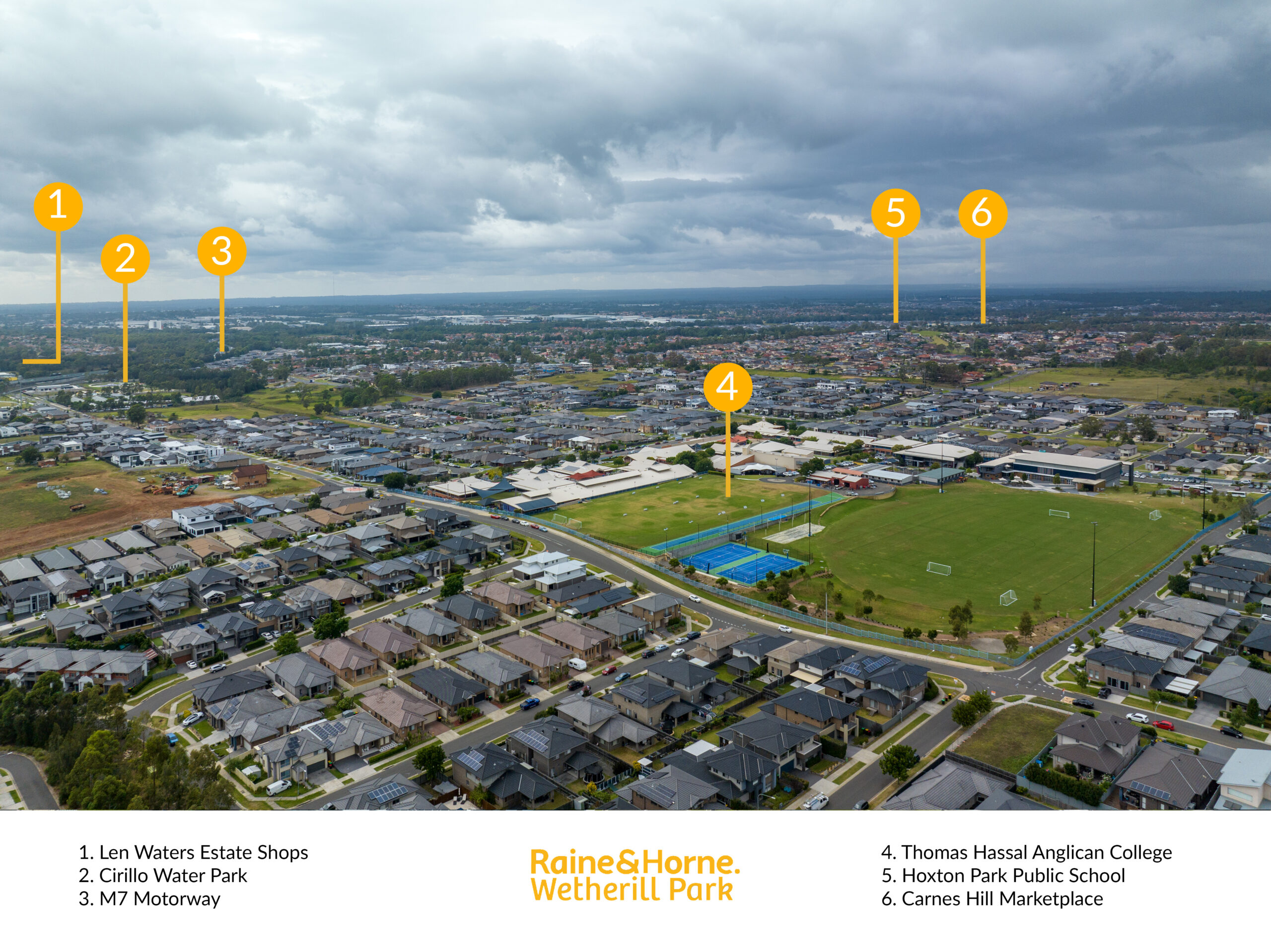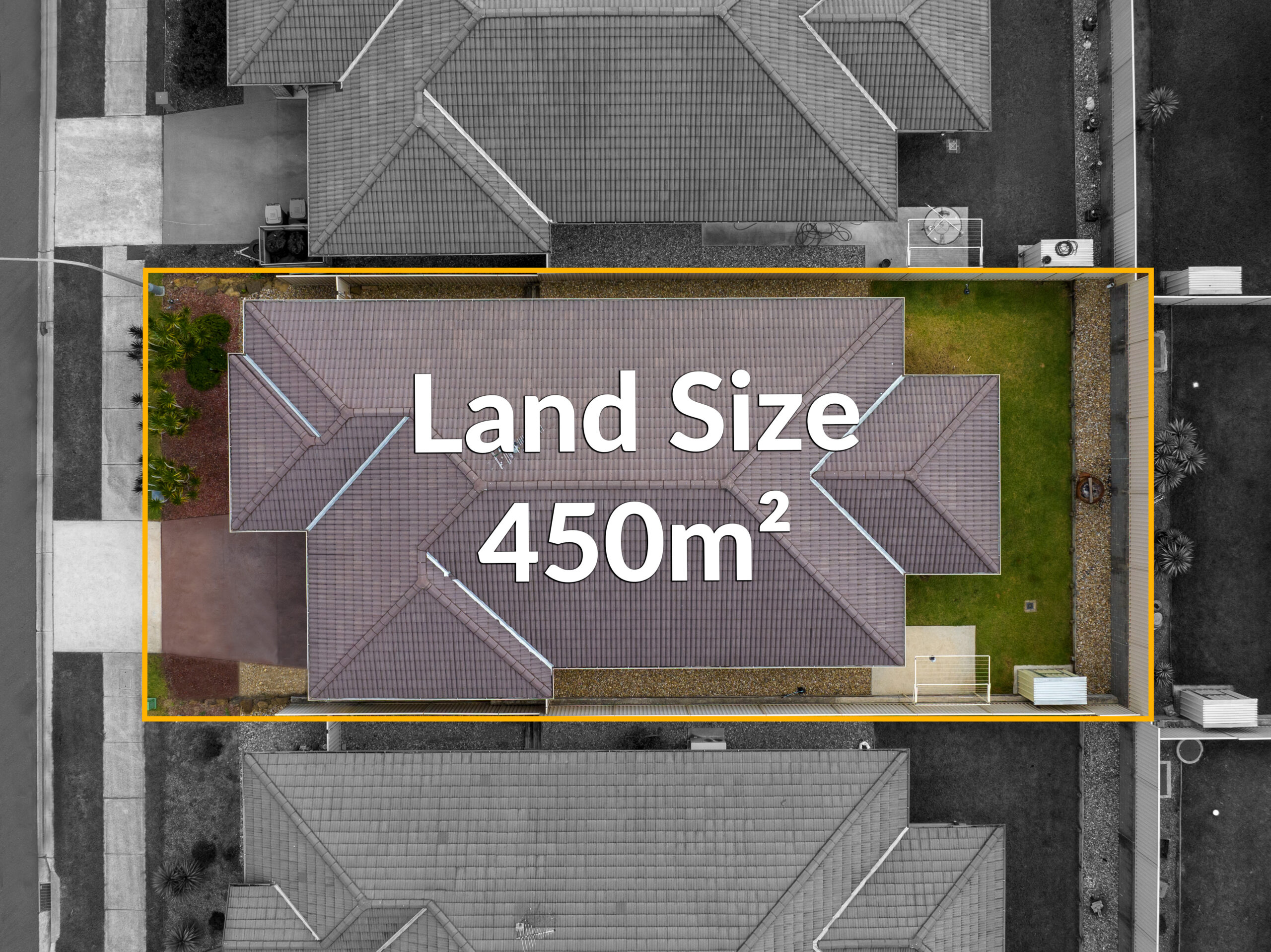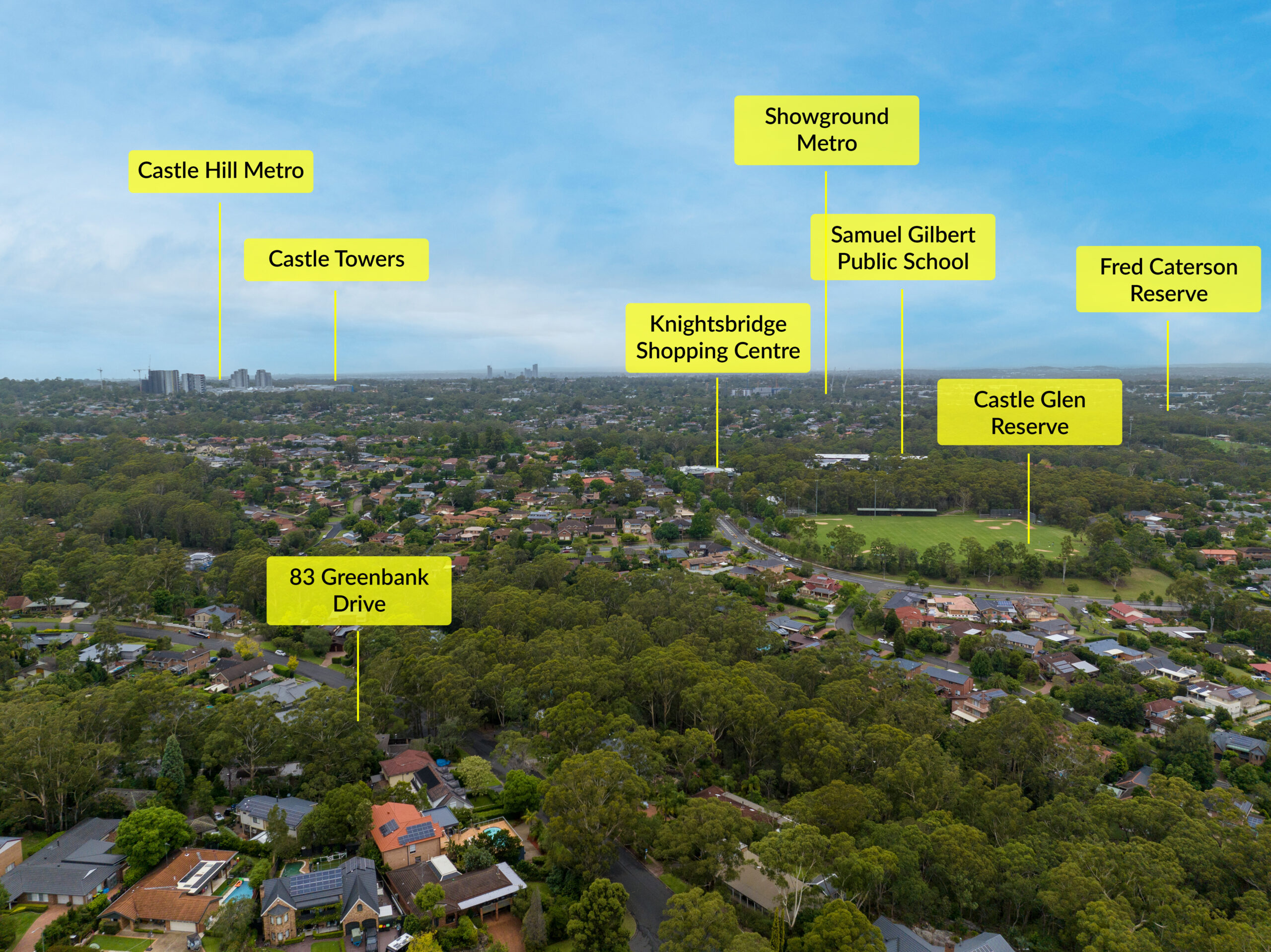Understanding the Importance of Professional Videography
Professional videography is not just about capturing visuals; it’s about telling a story that resonates with its audience. High-quality video content has the power to engage viewers, create an immersive experience, and convey messages in a way that static images and text simply cannot. In today’s fast-paced digital era, professional videography is critical for brands, businesses, and individuals looking to make a lasting impact. The difference between amateur and professional footage can decide whether your message cuts through the noise of a crowded digital landscape.
One key benefit of enlisting professional videographers is their meticulous attention to detail. From lighting to audio to the composition of each shot, professionals understand the myriad of elements that must come together to create a polished and effective video. They are skilled in visual storytelling and can transform even the most mundane subjects into compelling narratives. This proficiency enhances the aesthetic quality of the video and significantly boosts viewer retention and engagement rates.
Furthermore, professional videographers are equipped with state-of-the-art equipment and the latest editing software, enabling them to produce high-definition videos that are both visually striking and technically flawless. They are adept at employing advanced filming techniques such as aerial drone footage, time-lapse, and slow motion, which can add depth and dimension to video storytelling. These professionals also know how to navigate complex post-production processes, ensuring the final product is polished and aligned with the client’s vision.
In marketing and branding, professional videography can be a game-changer. It is not merely about documenting events or products; it’s about connecting with the audience. By utilizing the skills of a professional videographer, your message can be crafted in a way that is not just seen but felt. This emotional connection is what ultimately drives consumer behavior and brand loyalty. High-quality video content produced by professionals can significantly elevate brand perception, setting you apart from competitors and leaving a memorable impression on your target audience.
What to Look for When Choosing a Videographer
The myriad of options can be daunting when embarking upon the quest to find the perfect videographer. One vital aspect to scrutinize is their portfolio. A reputable videographer will have a robust collection of past work you can examine. This will provide invaluable insight into their style and quality of work. Note how they frame shots, the lighting, the post-production editing, and the overall storytelling. Remember, their past work is a window into your potential project’s future.
Another key factor is the videographer’s experience, particularly within the specific type of video you require. Whether that may be weddings, corporate events, documentaries, or commercials, each genre requires a unique set of skills. Check for testimonials or ask for references. Communication skills are equally important; the ability to understand your vision and the skill to articulate creative concepts and potential challenges is paramount to a successful collaboration.
Further, consider their technological adeptness and equipment quality. In today’s fast-evolving digital landscape, having a well-versed videographer with the latest camera technology, sound equipment, and editing software is essential. Better equipment doesn’t necessarily denote a better videographer, but a serious professional should have the tools to produce high-quality video in various conditions.
Finally, ensure that you discuss budget and scheduling upfront. A transparent conversation about costs will help manage expectations and alleviate potential future complications. Similarly, discussing their availability and timeline for delivery ensures that your project’s schedule aligns with your own. Remember that a good videographer may be booked months in advance, so plan to secure the talent that best fits your needs early.
Comparing Videographer Portfolios: Tips and Tricks
When choosing the right videographer for your project, the portfolio is a direct window into their creative world. Identifying the scope and quality of a videographer’s work is essential to thoroughly evaluating their portfolio. A useful tip is to look for diversity in their projects. Various work showcases the videographer’s adaptability and skillset to handle different styles and subjects. Watch for varied camera angles, lighting techniques, and narrative consistency across their repertoire. This diversity tells a story of the videographer’s range and can be particularly telling of their expertise in the field.
Another significant aspect when comparing videographer portfolios is assessing the storytelling ability. While technical skills are crucial, the essence of videography is telling a compelling story. Notice how the videographer captures emotions and crafts a narrative within their pieces. Are the stories engaging? Do they communicate the desired message effectively? Videos that evoke emotion or generate a strong response are typically indicative of a videographer who is skilled with a camera and possesses a deep understanding of storytelling.
Lastly, pay attention to the importance of technical prowess. While creativity is key, without technical precision, the result may not be as polished or professional as desired. Scrutinize the editing quality, color grading, sound design, and overall production values. These elements can make or break the viewing experience and reflect a videographer’s attention to detail and the overall quality of their work. It’s also a good idea to take note of the progression in a videographer’s skills; improvement over time suggests a dedication to their craft and a commitment to continuous learning.
Understanding a Videographer’s Unique Style
Recognizing that each videographer brings their unique style and voice to their work is essential. By comparing portfolios, you can begin to discern their style and decide whether it matches your vision for your project. Look for signatures such as the use of light, the pacing of the edit, and the types of stories they tend to tell. Is it cinematic, documentary-style, or avant-garde? Understanding a videographer’s style will help ensure you partner with someone whose aesthetic aligns with your project’s needs and goals.
Navigating the Cost of Hiring a Professional Videographer
Understanding the factors influencing pricing can be complex when hiring a professional videographer. The cost of hiring a videographer can vary widely depending on several key aspects, including their experience, the type of event or project you have in mind, and the length of the final video product. It’s not uncommon for videographers to base their rates on the number of hours they’ll spend filming, plus additional costs for editing and post-production work.
Determining Your Videography Needs
Before reaching out for quotes, defining what you require from a videographer is essential. Are you looking for a short promotional video for your business, or do you need comprehensive coverage of a multi-day event? The scope of your project will significantly impact the cost. Remember that complexity matters—scenes requiring multiple camera angles or drone footage will inevitably raise the price. List must-have shots and consider the value these visuals add to your project. By clearly communicating your needs, you can ensure a more accurate quote from your chosen professional.
The Value of Experience
As with most creative services, experience carries a premium. A seasoned videographer may charge more, but they also bring a wealth of knowledge and expertise that can elevate the quality of your video. They’ll be adept at resolving challenges and can often provide invaluable advice on achieving your project’s desired style and tone. When discussing costs, feel free to ask for a detailed breakdown of their services. This transparency will help you understand where your money goes, from the hours of shooting to the intricate editing work.
Additional costs can come from the video production’s hardware requirements. High-grade cameras, lighting, and sound equipment contribute to superior production quality but also increase overhead for the videographer. When you invest in a professional, you’re not just paying for their time but also investing in advanced technology and the skills to use it effectively. Moreover, post-production expenses such as music licensing, special effects, and color grading must be factored into the overall cost. These elements are crucial in transforming raw footage into a polished final product that stands out.
Remember that in the realm of videography, cutting corners on cost can sometimes mean a dip in quality. It’s a delicate balance to strike: you’ll need to weigh the value of the investment against your available budget. Hiring a professional videographer is an investment in service and communicating your message or capturing your event with professionalism and cinematic flair. It’s advisable to approach the hiring process with a clear understanding of your project’s scale and complexity, paired with an appreciation for the creativity and technical skills a professional brings.
Questions to Ask Before Signing a Videography Contract
When you’re on the brink of signing a videography contract, you must be informed about every detail the agreement entails. A video project can be a significant investment in time and finance, so you want to make the right choice for your needs. Here are some crucial inquiries you should make before you commit to a videography service.
What is the scope of the project? This is imperative to understand right from the get-go. Knowing the videographer’s understanding of the project’s scope will help you assess whether they are well-equipped to handle your specific requirements. This encompasses everything from the type of event or project, to the coverage duration and the expected final deliverables. Ensure all these aspects are laid out and understood by both parties to avoid discrepancies later.
How will the final product be delivered? The mode of delivery can often be overlooked in the initial stages of a contract discussion. However, it is a critical component to clarify. Will the videos be delivered in digital format, on a USB drive, or through an online transfer method? Are they providing post-production services such as editing, adding music, or creating a montage? Knowing this beforehand allows you to plan accordingly for how you will receive and use your final video content.
Are there any additional fees not included in the base cost? It’s essential to ask about any potential hidden costs that may arise during or after production. Clarifying if your contract includes travel expenses, extra shooting time, or additional edits beyond what was initially agreed upon will give you a clearer understanding of the overall cost and help prevent any surprises on the final invoice.
What happens if the event is rescheduled or canceled? Life is unpredictable, and sometimes events go differently than planned. Asking about the videographer’s cancellation and rescheduling policy is a must. Understand the terms outlining any fees associated with date changes or cancellations to avoid any potential loss or additional charges should plans change.

